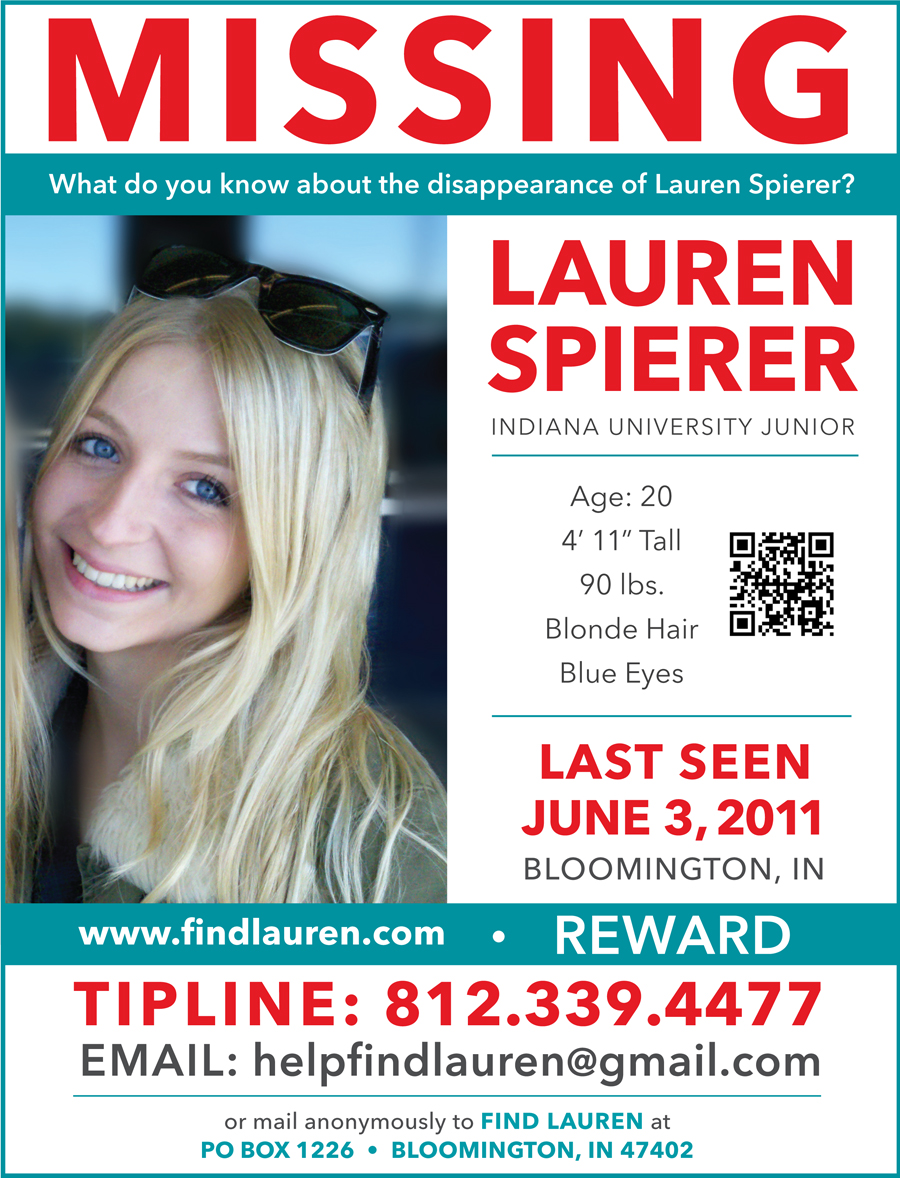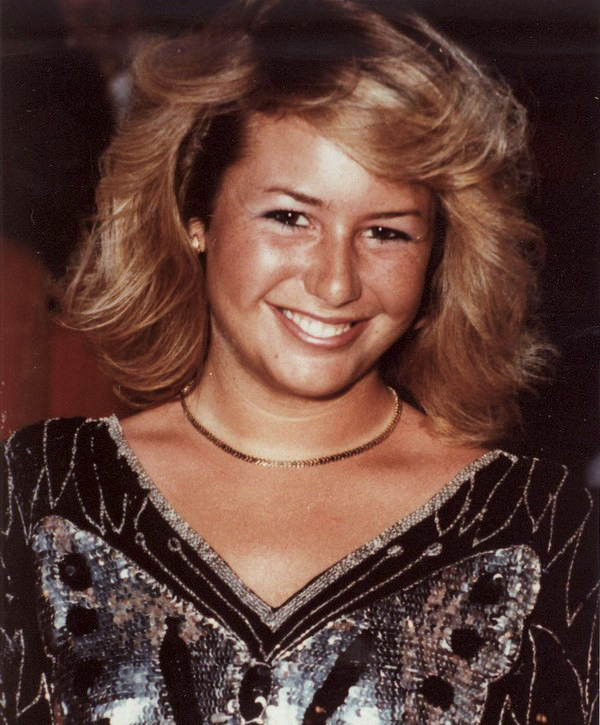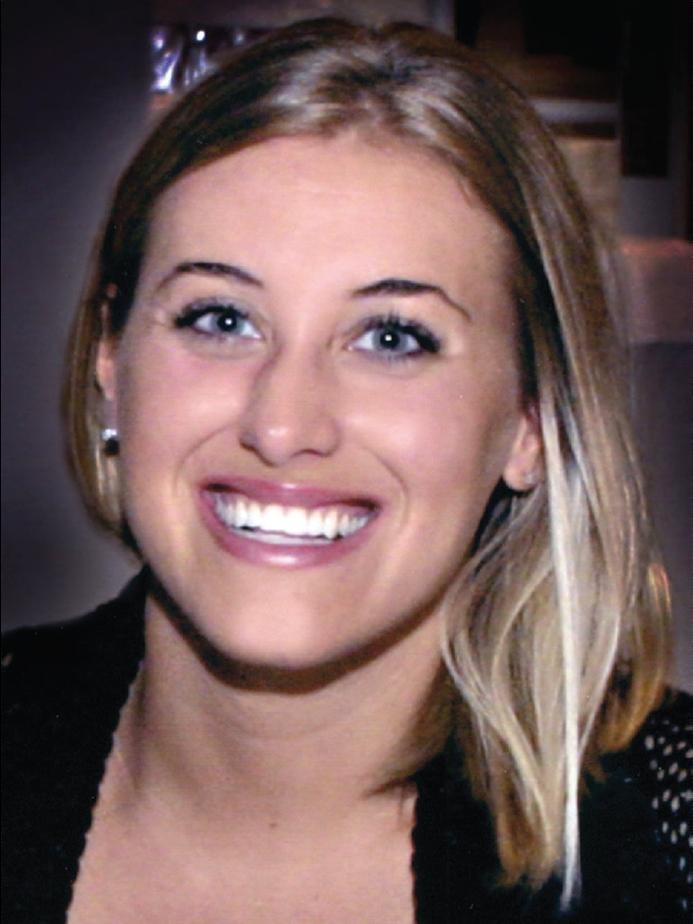The Heart of the Matter
 Wednesday, November 28, 2012 at 2:58PM
Wednesday, November 28, 2012 at 2:58PM I don’t think anyone will ever be able to connect the racism dots when it comes to George Zimmerman and Trayvon Martin. The really creepy part about the two names is that they will forever be interconnected, like Abraham Lincoln and John Wilkes Booth. While not of the same magnitude as a presidential assassination, a life is still a life is still a life, and none is more valuable than another, whether red, yellow, black, white or any shade in between. We’re not talking red state/blue state; we’re talking about life and death, and it’s not a game.
 Let’s take a quick look at the sad case of 45-year-old Michael Dunn. News reports say he “allegedly” fired 8-9 shots into an SUV parked at a convenience store on Friday night. I say there’s nothing alleged about it. He did it. The question is why. He said he didn’t mean to kill anyone. 8 or 9 bullets and he didn’t mean to what? The fact that he fired at all is a tragedy.
Let’s take a quick look at the sad case of 45-year-old Michael Dunn. News reports say he “allegedly” fired 8-9 shots into an SUV parked at a convenience store on Friday night. I say there’s nothing alleged about it. He did it. The question is why. He said he didn’t mean to kill anyone. 8 or 9 bullets and he didn’t mean to what? The fact that he fired at all is a tragedy.
From all accounts, Dunn and his girlfriend had just left his son’s wedding reception and stopped at the Gate Food Post convenience store at 8251 Southside Blvd. in Jacksonville on the way back to their hotel room. He pulled up next to the SUV that had music booming LOUDLY. When he got out of his vehicle, he confronted the four occupants and complained. TURN IT DOWN, he screamed. An argument  ensued and Dunn pulled out his gun. Some of the shots struck and killed 17-year-old high school student Jordan Davis, who was sitting in the backseat. No one in the SUV was armed, according to initial reports. Lt. Rob Schoonover with the Jacksonville Sheriff’s Office said, “They were listening to a little music. It was loud, they admitted that, but, I mean, that’s not reason for someone to open fire on them.” (See: Many unanswered questions in loud music killing)
ensued and Dunn pulled out his gun. Some of the shots struck and killed 17-year-old high school student Jordan Davis, who was sitting in the backseat. No one in the SUV was armed, according to initial reports. Lt. Rob Schoonover with the Jacksonville Sheriff’s Office said, “They were listening to a little music. It was loud, they admitted that, but, I mean, that’s not reason for someone to open fire on them.” (See: Many unanswered questions in loud music killing)
I hate to drag Florida through the coals again because shootings happen all over the world. Texas is a great state for shooting from the hip, so we are far from alone. Taken at face value, this seems to be your typical white-on-black shooting, and in some circles, the killer would be considered justified because of two simple “reasons” — the shooter owned his gun legally and the victim was black. Or African-American, if we need to be politically correct. Need more ‘splainin’? Talk to the hand. Yet it seems that the mere fact of being white and owning a gun somehow legitimizes a killing, but only if the victim is of color. God forbid that two white boys with concealed carry permits gun each other down. That would never make the news because there’s no worthy angle, and angles are the nature of news; black/white or white/black. Just like Hispanic/Hispanic doesn’t go far. There’s no racial edge.
We may question the motives of an angry white man leaving his son’s wedding reception where, I’m sure, alcohol flowed freely. We don’t know if Dunn even had a drop to drink, but we do know that a defenseless 17-year-old boy is dead. What sort of threat could any of the young men have been to the gunman? Why, if the shooter was so innocent, did he leave the scene and return to his hotel, only to drive home to Brevard County in the morning, where he was found and arrested? No one EVER shoots up a vehicle and leaves the scene unless they hope there are no witnesses.
Dunn entered a not guilty plea on Monday to charges of second-degree murder and attempted murder. His attorney said he acted responsibly and in self-defense. Shades of stand your ground! I can see it coming! At the precise second Dunn pulled out his gun, he felt threatened.
I feel that people like George Zimmerman and Michael Dunn make a mockery of the stand your ground law, but some dynamics are at work. While its intent may be all well and good, there are idiots who interpret SYG as a license to kill. They take more than the law into their own hands because, in both situations here, the shooter was the instigator, the judge, the jury and the executioner. It seems as if people like them believe they are wearing SYG armor and are impervious to prosecution. It’s called an arrogant sense of entitlement. Go figure.
Mark my words, Dunn’s defense team will subpoena Jordan Davis’s cell phone records. If the boy owned a smart phone, the defense will collect information from it; who he talked to, sent text messages to, and where he visited online. Rest assured, if he listened to Hip Hop music, used Hip Hop text language and visited gangsta sites, like all of today’s youth, he will be painted as a no good degenerate, just like the picture Mark O’Mara will try to portray of Trayvon Martin. It’s called character assassination. This leads me to an obvious segue. Please allow me to ‘splain. Yo, Yo, Yo…
§
 Word on the street (and in the Orlando Sentinel) is that law enforcement has failed to download all of the data from Trayvon Martin’s cell phone, particularly what’s stored on the chip residing inside the phone. Why? Because the phone is still password protected. Tracy Martin, Trayvon’s father, knows the PIN, but he has yet to turn it over to authorities. There may be a few reasons for withholding that number, too, but what’s important to note first is that the defense does have information regarding the last few calls, according to Mark O’Mara. We’ll get back to that.
Word on the street (and in the Orlando Sentinel) is that law enforcement has failed to download all of the data from Trayvon Martin’s cell phone, particularly what’s stored on the chip residing inside the phone. Why? Because the phone is still password protected. Tracy Martin, Trayvon’s father, knows the PIN, but he has yet to turn it over to authorities. There may be a few reasons for withholding that number, too, but what’s important to note first is that the defense does have information regarding the last few calls, according to Mark O’Mara. We’ll get back to that.
The gist of the matter is rather plain and easy to understand, but first the problem about perception. If Tracy Martin is keeping the PIN away from law enforcement, he must be hiding something, right? I mean, what else could the reason be? This would prove the kid was up to no good and deserved to be shot. George’s mission from God that night was to take out a boy who was clearly on a path of evil and destruction. Who knows how many people he would have harmed had he not been stopped right then and there; the night of February 26?
Yeah, right. How delusional.
If the Sanford police came to my door, showed me a photograph of my dead son and said he was killed in self-defense, only to find out later that the circumstances might not have been as law enforcement presented them; that my son was actually the victim instead, would I be inclined to trust them with any evidence at all? Remember, it was the Sanford police that insisted the screams for help came from Zimmerman, and when pumped for an answer to that very question at a most inopportune moment, Tracy said he didn’t think it was Trayvon’s voice. Is it? Is it? Well, is it? The man was in agony and denial at the time. What would anyone expect from a grieving father after recently finding out his son was killed and never coming back?
As time went on, it became apparent to Trayvon’s parents that the police were doing nothing to seek the truth regarding the death of their son. Things had deteriorated to the point that, on March 5, Sgt. Joe Santiago asked Tracy for the PIN, and his response was, at best, less than obligatory. He told the sergeant he’d check with his attorney. Three days later, during a March 8 news conference, Martin told the media he would not help the police because they were of no help to him. “My son left Sanford, Florida, in a body bag while George Zimmerman went to sleep in his own bed.”
What we must remember is that, while the PIN has been elusive, gaining important information from the phone has not. It was eventually sent to the Florida Department of Law Enforcement, where crime lab specialist Stephen Brenton was able to analyze the contents of the SIM and SD cards. Without the PIN, the data on the phone’s internal chip remains a mystery, but the two cards were revealing enough. From the Orlando Sentinel:
The information downloaded by Brenton at the FDLE lab “tells me the last few phone calls, but that’s about it,” [Zimmerman defense attorney] O’Mara said. “It looks like there is other information that I should have.”
This leads me right back to the heart of the matter. What difference does it make to anyone about the phone calls, text messages and Website visits Trayvon made days and weeks leading up to his death? O’Mara has records leading up to the shooting. What more does he need? Well, just like what I expect any criminal defense team to do, O’Mara’s goal will be to assassinate the character of Trayvon Martin. To what other end would it serve? That would mean Trayvon would die twice — once in real life and once in the courtroom — and if I were his parents, I’d do nothing to help the defense team. Absolutely nothing. Because everything will be taken out of context in a world where half-full becomes half-empty, and innocent texts between Trayvon and his mother could readily turn into a new and freakier Casey Anthony sideshow; where simple words become innuendo, perversions, and complete distortions of the truth. That would truly be heartbreaking.

Cross posted on the Daily Kos
 Dave Knechel | tagged
Dave Knechel | tagged  Gate Post convenience store,
Gate Post convenience store,  Jacksonville Sheriff's Office,
Jacksonville Sheriff's Office,  Jordan Davis,
Jordan Davis,  Michael Dunn,
Michael Dunn,  Rob Schoonover,
Rob Schoonover,  Stephen Brenton | in
Stephen Brenton | in  Benjamin Crump,
Benjamin Crump,  Casey Anthony,
Casey Anthony,  Dave Knechel,
Dave Knechel,  David B. Knechel,
David B. Knechel,  David Knechel,
David Knechel,  FDLE,
FDLE,  Florida Department of Law Enforcement,
Florida Department of Law Enforcement,  Forensics,
Forensics,  George Zimmerman,
George Zimmerman,  Marinade Dave,
Marinade Dave,  Marinade Dave Knechel,
Marinade Dave Knechel,  Mark O'Mara,
Mark O'Mara,  Orlando Sentinel,
Orlando Sentinel,  SYG,
SYG,  Sanford,
Sanford,  Sanford Police Department,
Sanford Police Department,  Seminole County,
Seminole County,  Slimm v. Zimm,
Slimm v. Zimm,  Stand Your Ground,
Stand Your Ground,  Tracy Martin,
Tracy Martin,  Trayvon Martin,
Trayvon Martin,  Zimm v. Slimm,
Zimm v. Slimm,  marinadedave |
marinadedave | 























 LEGAL NOTICE
©David B. Knechel. All Rights Reserved. No portion of this site can be reproduced in it's entirety or in part without expressed written permission by the owner/administrator of this site in accordance with the Digital Millennium Copyright Act. Section 512(c)(3) of the U.S. Copyright Act, 17 U.S.C. §512(c)(3). The charges against defendants are mere accusations and the subjects are presumed innocent until found guilty in a court of law.
LEGAL NOTICE
©David B. Knechel. All Rights Reserved. No portion of this site can be reproduced in it's entirety or in part without expressed written permission by the owner/administrator of this site in accordance with the Digital Millennium Copyright Act. Section 512(c)(3) of the U.S. Copyright Act, 17 U.S.C. §512(c)(3). The charges against defendants are mere accusations and the subjects are presumed innocent until found guilty in a court of law.
